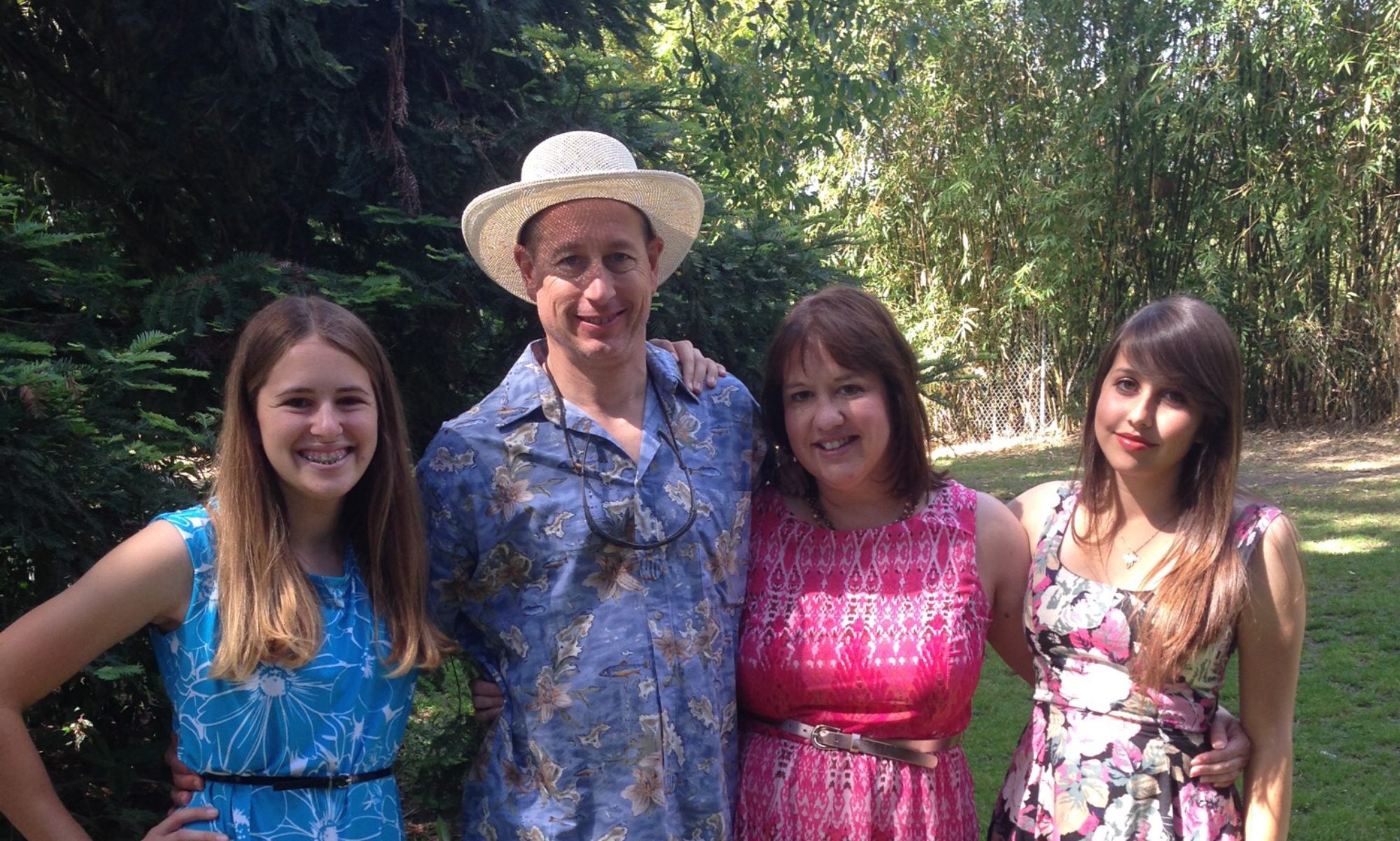
I’m in my last week of a class called “Spousal & Child Abuse, Crisis and Trauma Counseling”. I was a little surprised that we weren’t even studying the chapter on bereavement. I think there is a certain expectation that everyone just knows how to handle grief. I’ve learned that is not the case. People have a wide range of reactions to death and no one can really prepare you for it. When you are dealing with it, no one can really tell you how to do it either. For the most part, you find your own way, hopefully with the help of friends and family.
I chose to read the chapter on bereavement. I’m interested because it’s what I’ve been dealing with but also because I would like to be a crisis and trauma counselor and bereavement will be a part of that. Most of you are probably familiar with the “Stages of Death and Dying”. I really think those stages apply to people facing a terminal diagnosis. They can be applied to bereavement also but some of them don’t seem to fit very well. In my textbook I found a newer 4 stage guideline by J. William Worden:
- Accept the loss – At first, this seemed almost offensive to me. But it doesn’t mean you agree with it, just that it happened. This also means that it’s not necessarily healthy to pretend nothing happened. Removing or avoiding reminders does not make it go away. I learned to make small changes that acknowledged the loss without being startling.
- Experience the pain – Grief can be overwhelming! I know that I tried to avoid the pain a lot but it would always hit me when I least expected it. I finally learned to allow myself time to feel it and just let out the emotions. I haven’t needed a good cry in a long time but it certainly helped when I needed it! I found that it helped to know things that would trigger a good cry, and to give myself permission to let it all out.
- Adjust to an environment without the person – grieving families will sometimes try to leave things “as is” in an attempt to honor the deceased. For me, it helped to make minor changes, a little at a time. My mind needed that to remind me that he was gone but I was still there. And I was okay. I didn’t want to be stuck in one place, it would have been dreary to never move forward. I’m not saying that’s how everyone should do it, but it worked for me. Two plus years out I am ready to make larger changes. I’m planning some remodeling but I won’t change everything at once. Baby steps.
- Reinvest emotional energy in other relationships – This one is really important. At first it meant strengthening my connection with all of my family and close friends. Then it expanded to new friends, especially my fellow widows. Now it has progressed to a new relationship. I have a lot of love to give. And I know that Patrick would want me to be happy. I haven’t moved on, I have moved forward.
I could spend my days wrapped up in memories of the years I had with Patrick. This wouldn’t be a horrible thing to do. I have a lot of great memories! But if that is all I did, I would spend a lot of time being sad and missing him. I don’t want to be sad all the time. I choose happy! And I think he would approve!

